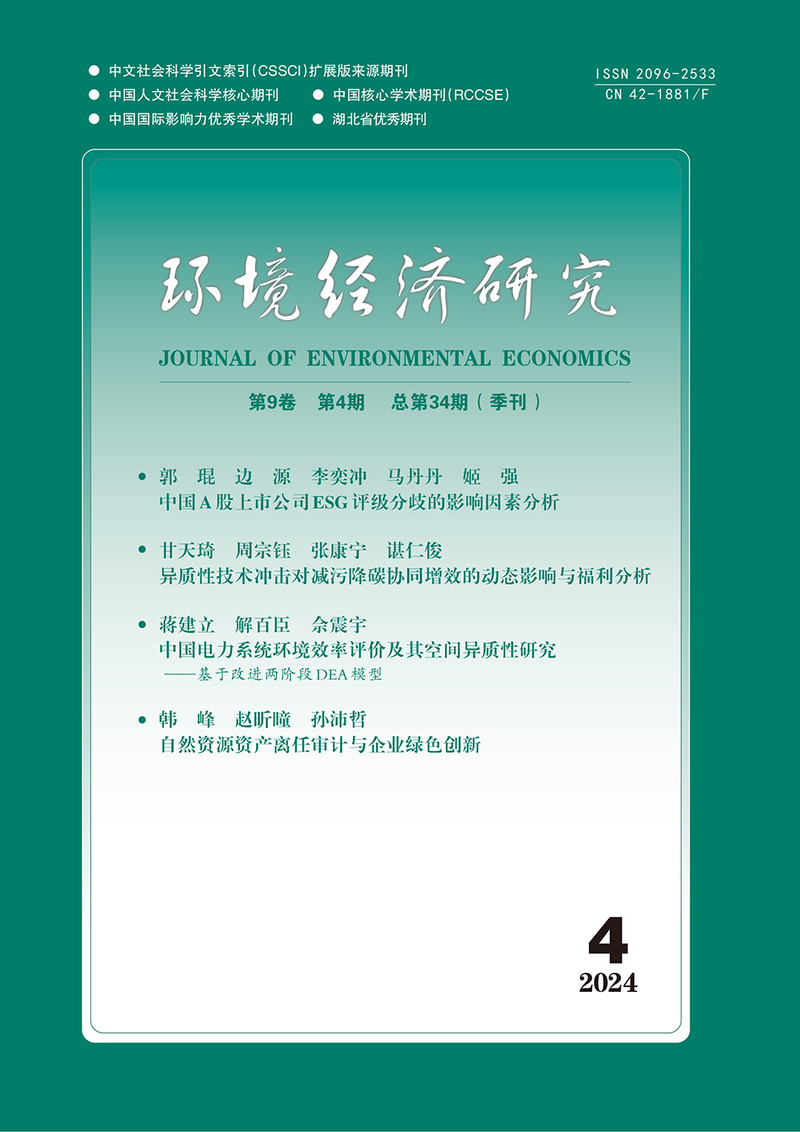Spatial Distribution Characteristics of Carbon Emissions in China’ s Cities
Yang Qinglin, Zhao Rongqin, Xing Yue and Man Zhou
摘要:城市作为人类经济社会活动集中分布的区域,是重要的碳排放源。本文基于中国2005-2013 年各城市的相关数据,利用GIS 和空间自相关分析方法研究中国城市的碳排放空间分布特征,得到以下结论:2005-2013 年,中国市域碳排放量稳定增加,空间区域差异呈现“高-低-高-低”的态势,同时形成了东北、京津冀、成-渝经济圈、长三角这些高碳排放量集聚区;碳排放强度逐年降低,在空间分布上呈现“西北高,东南低”的特点,单位GDP 碳排放存在显著的空间自相关性,在空间上表现出明显的集聚特征。根据研究结果,本文提出了城市碳减排和低碳转型的政策建议。
关键词:城市碳排放;空间分布;碳减排
Abstract: As human economic and social activities concentrating area, cities are important carbon emission sources. Based on data from 2005 to 2013, the spatial distribution characteristics of carbon emissions in China’s prefectural-level cities are analyzed by GIS and spatial autocorrelation in this paper. The results are as follows. Firstly, the carbon emissions in China had a steady increase from 2005 to 2013 with a“high-low-high-low”situation in spatial distribution, forming high carbon emission regions in Northeast, Beijing-Tianjin-Hebei, Chengdu-Chongqing and Yangtze River Delta. Secondly, the emission intensity had a decline while higher in Northwest and lower in Southeast. Finally, the carbon emissions per unit GDP had a significant spatial autocorrelation which showed aggregation characters. According to the results, we put forward some suggestions on urban carbon reduction and low carbon transformation. Keywords: Urban Carbon Emissions; Spatial Distribution; Carbon Reduction
DOI:10.19511/j.cnki.jee.2017.01.007
